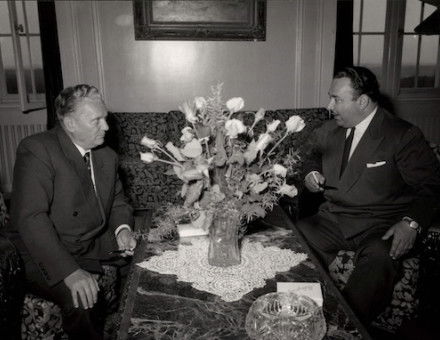Radical Joe
Joseph Chamberlain entered public life as a self-made man and a Republican Radical: he left it as the leader and idol of Protectionist Toryism. Such are the transformations of the English political scene, writes Robert Rhodes James.
The career of Joseph Chamberlain presents us with one of the most remarkable transformations in our political history.
He entered the House of Commons in 1876 in his fortieth year, a self-made man in what was still a predominantly aristocratic assembly, a neo-Republican Radical nonconformist Free Trader, responsible for a novel and sinister development in political organisation stigmatised as the Birmingham “Caucus.”
When he was removed from public life by a stroke in 1906, he stood as the uncompromising standard-bearer of Tariff Reform and Imperial Unity, the leader and the idol of Protectionist Toryism. All this in thirty years!
Many of his contemporaries, of whatever political denomination, could not stomach this amazing metamorphosis. “We have a splendid piebald,” Sir Winston Churchill has written.
“First black, then white; or in political terms, first Fiery Red, then True Blue.” But people today, in recalling the remorseless advocate of Tariff Reform and Imperial Preference, whose white waistcoat, orchid, and eyeglass were properties as famous at that time as Sir Winston Churchill’s cigar in ours, have forgotten the era of “Radical Joe.”





